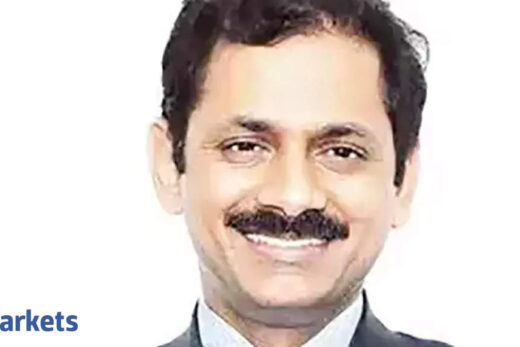“MasterCard is a significant franchise partner for the bank, but the good part is like in most of our businesses we patronise on open architecture,” he said while addressing shareholders at the bank’s annual general meet. “Whether it’s for cards, insurance, mutual funds, we distribute a lot of company products, even in cards we have a lot of franchisees whether it’s Visa, MasterCard or Rupay. So, the bank today is protected today by its fail over mechanisms, so until the ban on MasterCard is lifted and when our ban is lifted the new cards could be on either of the platforms.”
The banking regulator on Wednesday barred Mastercard from onboarding new domestic debit, credit, or prepaid customers on its card network in India from 22 July onwards. This ban does not affect existing customers. The central bank’s supervisory action on Mastercard cited its non-compliance with data localisation mandate wherein all foreign payment operators storing card and customer related data must do so in servers physically present in India.
“Mastercard is fully committed to our legal and regulatory obligations in the markets we operate in,” MasterCard had said in a statement last week. “While we are disappointed with the stance taken by the RBI in their communication dated July 14, we will continue to work with them to provide any additional details required to resolve their concerns,”
The central bank had taken a similar supervisory action in April 2021 against card scheme operators American Express and Diners Club from onboarding new customers in India citing non-compliance with data localisation mandate.
“Most banks have both Mastercard as well as Visa and in some cases Rupay as payment platform for cards, the key concern is that credit cards which is a profitable product for banks and earning post tax ROAs of nearly 5-6% could get impacted as banks now will have to transition to a Visa or a Rupay platform which will take time,” said Suresh Ganapathy, associate director, Macquarie Capital. “Our conversations with bankers reveal that it could take two months for the new payment platform (say Visa) to issue new plastics and take up the additional capacity vacated by Mastercard.”
As per a Nomura report, among credit card issuers including co-brand partners, RBL Bank, Yes Bank and lending will be most impacted, as their entire card schemes are allied with Mastercard. HDFC Bank has 60% of its card schemes tied to Mastercard, American Express and Diners, while for Axis and ICICI its about 35-36%.
“HDFC Bank is already restricted from issuing new cards, and hence is not incrementally impacted, on the other hand,
’s card portfolio is entirely allied to Visa and hence won’t face any issues,” Nomura said in its report.



